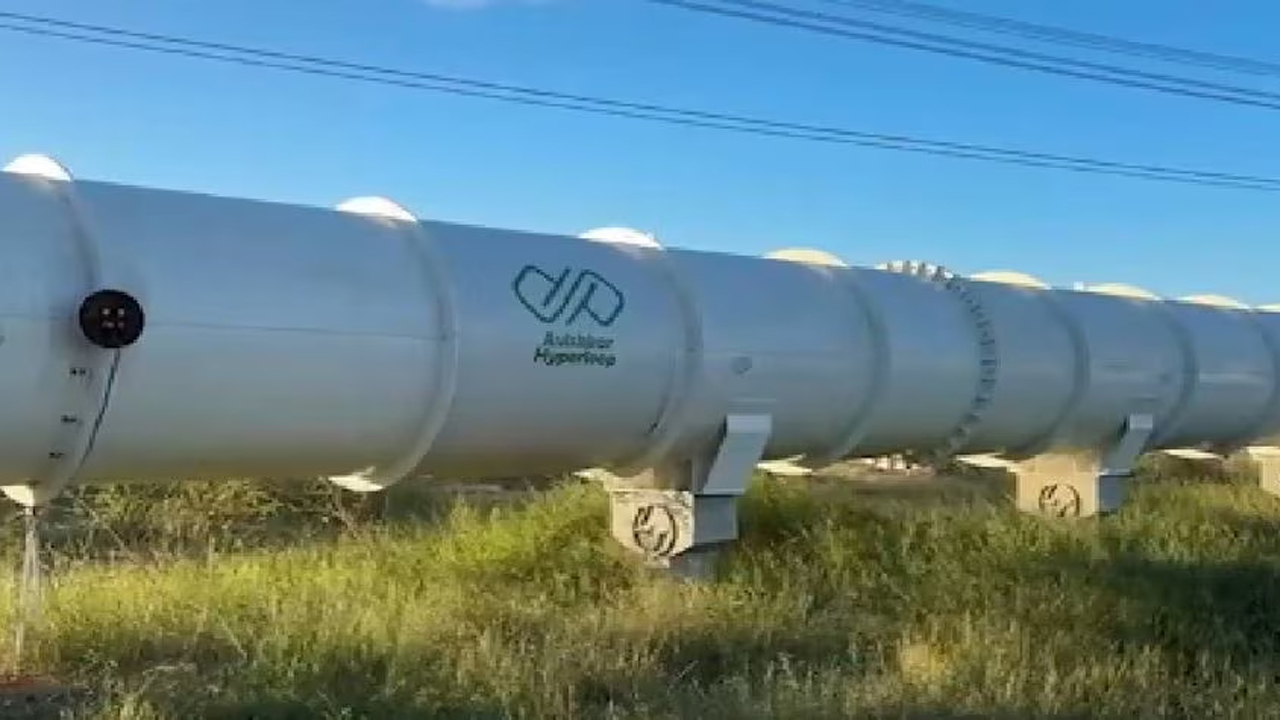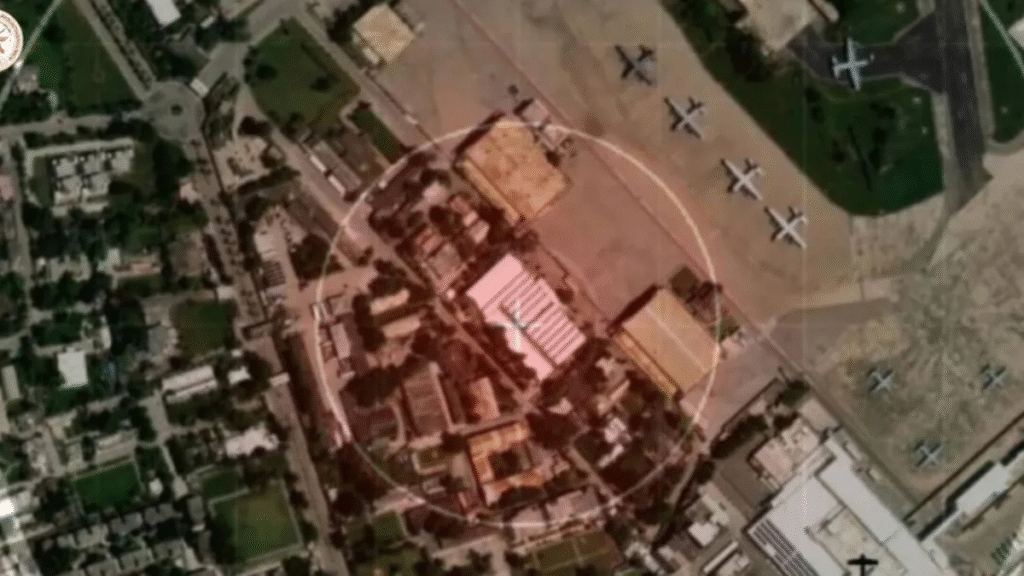Now Reading: India Takes a Giant Leap into the Future: Hyperloop Test Track Opens, Delhi to Jaipur in 30 Minutes Possible
-
01
India Takes a Giant Leap into the Future: Hyperloop Test Track Opens, Delhi to Jaipur in 30 Minutes Possible
India Takes a Giant Leap into the Future: Hyperloop Test Track Opens, Delhi to Jaipur in 30 Minutes Possible

India’s transportation landscape is on the verge of a radical transformation, with the successful development of the nation’s first hyperloop test track. This groundbreaking achievement, spearheaded by IIT Madras with the support of the Ministry of Railways, signals a significant step towards realizing the dream of ultra-high-speed travel.
The completed test track, located at the IIT Madras Discovery Campus, represents a crucial milestone in India’s pursuit of futuristic transportation technologies. The implications of this development are vast, with the potential to drastically reduce travel times and revolutionize connectivity across the country.
The Hyperloop Vision:
The hyperloop concept, popularized by the idea of traveling in pods through low-pressure tubes, promises to deliver unprecedented speeds. This technology aims to minimize friction and air resistance, enabling pods to reach speeds comparable to, or even exceeding, those of airplanes.
Key aspects of the hyperloop technology include:
- Vacuum Tubes: The pods travel through tubes with reduced air pressure, significantly decreasing drag.
- Magnetic Levitation: Pods utilize magnetic levitation to hover above the track, eliminating friction.
- High-Speed Travel: The system is designed to facilitate travel at extremely high speeds, potentially reaching hundreds of kilometers per hour.
IIT Madras Leading the Charge:
IIT Madras’s Avishkar Hyperloop team, in collaboration with the startup TuTr, has been instrumental in bringing this vision to reality. The project has received vital support from the Ministry of Railways, demonstrating the government’s commitment to fostering innovation in the transportation sector.
Union Railway Minister Ashwini Vaishnaw has expressed strong support for the project, highlighting the importance of government-academia collaboration in driving technological advancements.
Potential Impact:
The successful testing of the hyperloop technology holds the promise of numerous benefits:
- Reduced Travel Times: The potential to travel from Delhi to Jaipur in just 30 minutes exemplifies the transformative impact of hyperloop on travel times.
- Enhanced Connectivity: Hyperloop could significantly improve connectivity between major cities, boosting economic activity and facilitating travel.
- Sustainable Transportation: Hyperloop systems have the potential to be more energy-efficient than traditional transportation methods, contributing to a more sustainable future.
- Economic Growth: The development and implementation of hyperloop technology could create new industries and job opportunities.
Challenges and the Future:
While the development of the test track is a major achievement, there are still challenges to overcome before hyperloop becomes a mainstream mode of transportation. These challenges include:
- Infrastructure Costs: Building the necessary infrastructure for hyperloop systems will require significant investment.
- Technological Development: Further research and development are needed to refine the technology and ensure safety.
- Regulatory Framework: Establishing a regulatory framework for hyperloop operations is essential.
Despite these challenges, the successful development of India’s first hyperloop test track represents a significant step forward. The project signifies India’s growing capabilities in advanced technology and its commitment to shaping the future of transportation. As testing and development continue, the dream of ultra-high-speed travel in India is moving closer to reality.










